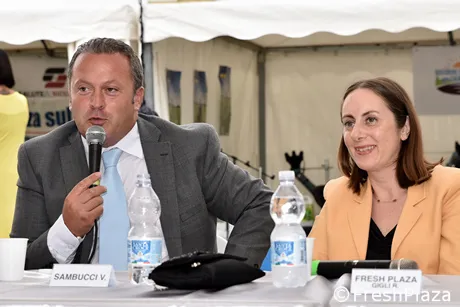Click here for the photo report.
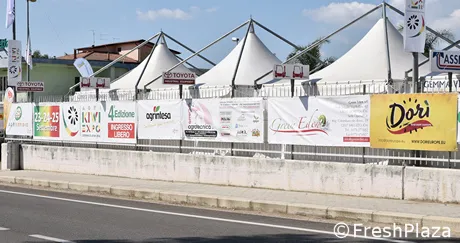
The event gathered over 60 exhibitors (manufacturers of technical, pruning or pollinating tools, nursery gardeners, kiwi producers and traders) and hosted a scientific convention (coordinated by Gianni Tacconi) as well as a round table with the main representatives of the sector.
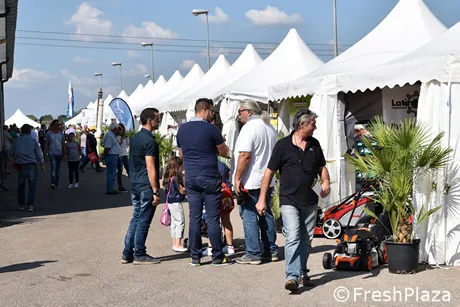
The convention was divided into three sections over Saturday and Sunday and touched many topics such as kiwi diseases and issues concerning the root system, innovations in bacterioris control as well as the management of irrigation and fertilization.
Click here for the photo report.
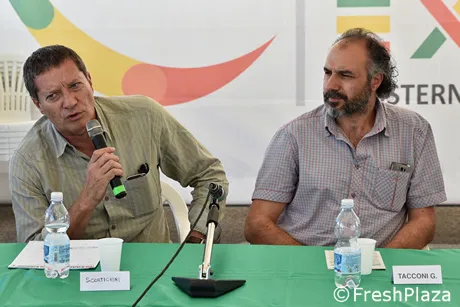
Researchers Marco Scortichini and Gianni Tacconi during one of the scientific convetions.
The "Kiwis in today's and tomorrow's market" round table, was coordinated by Rossella Gigli. Attilio Gullino, Michelino Zeoli, Alfio Lepidio, Giampaolo Dal Pane, Luca Bianconi, Gabriele Farinelli and Vittorio Sambucci took part.
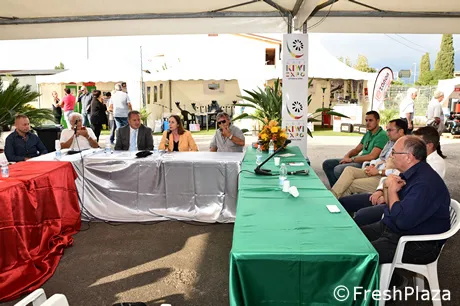
The round table on the third day.
Starting with the consideration on production estimates for 2016, the discussion then analysed the situation on the market caused by the loss of the Russian market and by the presence of new competitors such as Greece, Spain, Iran, China and Turkey. "Production volumes can no longer be considered as they used to," warns Attilio Gullino.

Attilio Gullino
While the market is getting smaller, Italy is not able to work on the same levels as countries such as New Zealand, and is therefore finding it difficult to place products such as green kiwis, which nowadays are practically a commodity. Focusing on quality is indeed important, but it is not enough to maintain its leadership position as a producer.
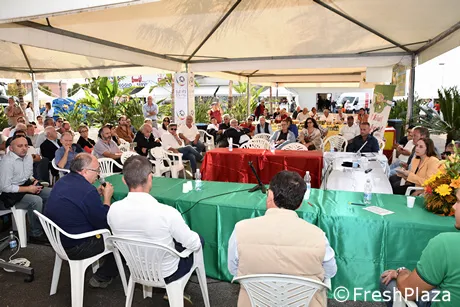
"Greece is improving its storing technologies, so its fruit is available for longer," reports Gabriele Farinelli from Agricolli Bio, stressing how the organic certification can make the Italian produce stand out and make it more profitable.
Click here for the photo report.
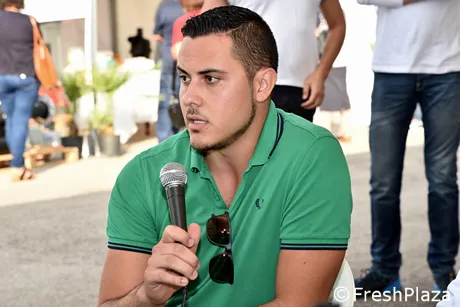
Gabriele Farinelli
"China is in our hemisphere and has quickly reached a production of 1.3 million tons. It could become a competitor on the Asian markets," explains Luca Bianconi from Frutta C2.
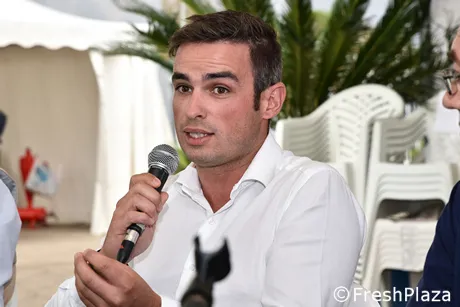
Luca Bianconi
As stressed by Michelino Zeoli, the Russian market was a very important one to place second category produce. Attilio Gullino advises not to look at productivity at all costs - it is better to harvest less produce of a higher quality to earn more money.
Click here for the photo report.
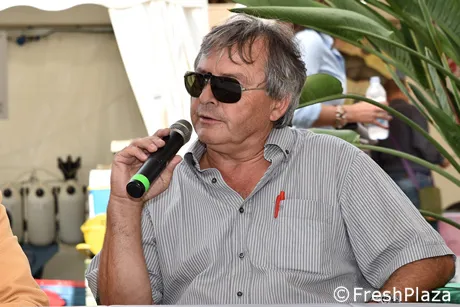
Michelino Zeoli
"In addition to Russia, it has also been difficult to place the fruit in North Africa, due to liquidity and geopolitical problems," says Alfio Lepidio.
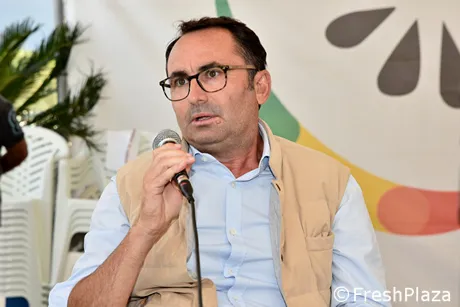
Alfio Lepidio
Even Chile is finding it difficult to place its kiwis "because New Zealand is becoming the leader of the southern hemisphere," explains Giampaolo Dal Pane.
Click here for the photo report.
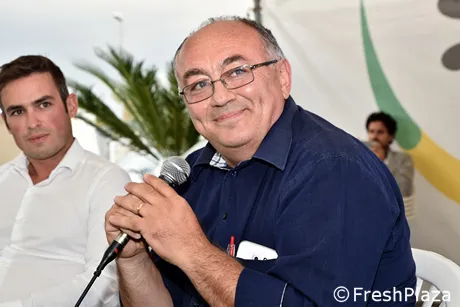
Giampaolo Dal Pane
Unbalanced demand and supply
The data provided by Luca Bianconi, as regards retailer concentration, provided a lot of food for thought. Nowadays, there are platforms that can buy produce for 10 thousand stores, not to mention single importers that, in markets such as the Asian ones, are more important than two or three chains put together. It is therefore easy to see how demand and supply is unbalanced.
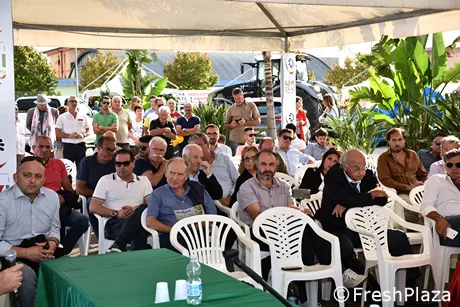
The audience
In New Zealand, concentrating the supply under a single brand (Zespri) was a governmental choice. In France, the kiwi interbranch organisation manages to create rules that have legal value. Italy is far from being as well organised at a national level.
The main problem is that "we are only little fish fighting against sharks," says Gullino.
"Maybe we haven't hit rock bottom yet. The apple sector did just that a few years ago and has completely changed since," mentions Dal Pane.
Click here for the photo report.

Prof. Costa
Professor Guglielmo Costa also suggested aggregation as a solution.
Vittorio Sambucci during the final moments of the round table with moderator Rossella Gigli.
